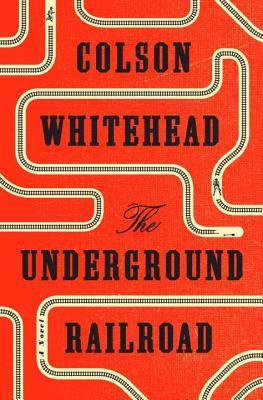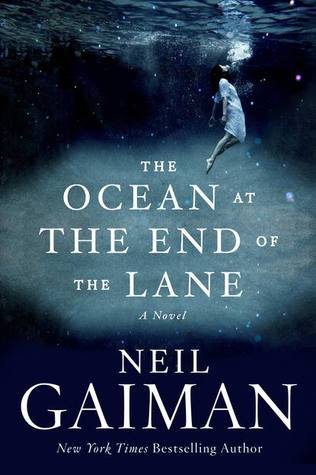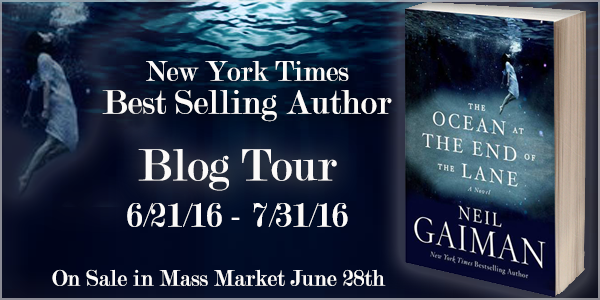 The Underground Railroad by Colson Whitehead
The Underground Railroad by Colson Whitehead Formats available: hardcover, ebook, large print, audiobook
Pages: 306
Published by Doubleday Books on August 2nd 2016
Purchasing Info: Author's Website, Publisher's Website, Amazon, Barnes & Noble, Kobo, Bookshop.org
Goodreads
Cora is a slave on a cotton plantation in Georgia. Life is hellish for all the slaves but especially bad for Cora; an outcast even among her fellow Africans, she is coming into womanhood - where even greater pain awaits. When Caesar, a recent arrival from Virginia, tells her about the Underground Railroad, they decide to take a terrifying risk and escape. Matters do not go as planned and, though they manage to find a station and head north, they are being hunted.
In Whitehead's ingenious conception, the Underground Railroad is no mere metaphor - engineers and conductors operate a secret network of tracks and tunnels beneath the Southern soil. Cora and Caesar's first stop is South Carolina, in a city that initially seems like a haven - but the city's placid surface masks an insidious scheme designed for its black denizens. Even worse: Ridgeway, the relentless slave catcher, is close on their heels. Forced to flee again, Cora embarks on a harrowing flight, state by state, seeking true freedom.
As Whitehead brilliantly re-creates the unique terrors for black people in the pre-Civil War era, his narrative seamlessly weaves the saga of America from the brutal importation of Africans to the unfulfilled promises of the present day. The Underground Railroad is at once a kinetic adventure tale of one woman's ferocious will to escape the horrors of bondage and a shattering, powerful meditation on the history we all share.
My Review:
As the saying goes, “fiction is the lie that tells the truth.” The Underground Railroad is definitely that kind of book. These specific events didn’t happen to this particular person, and yet, they all happened, all too frequently, to entirely too many people who had but one thing in common with Cora – the color of their skin.
The story in The Underground Railroad is historical fiction mixed with a bit of magical realism. The real, historical, Underground Railroad was not actually a railroad with rails and steam engines under the ground. The secret train with its hidden stations makes for a powerful metaphor for the vast network of people who helped fugitive slaves escape from the South’s “Peculiar Institution” to the theoretically “free” states of the North. Or to Canada.
Cora’s journey parallels many such real journeys, from the plantation in Georgia where she was born to her long and often desperate flight to freedom, endlessly pursued by the slave-catcher Ridgeway.
As she travels, she finds herself in different places, and in each she discovers a different way in which she, and her people, are not truly free of subjugation and hatred, even if it briefly appears so.
And while, again, the locations and the methods were not exactly in use in each specific place at that particular time, all these things really happened to real people just like Cora.
Her journey is one of continual loss, with the tantalizing hope of freedom always just out of reach, even when it seems most closely present. Her story is often grueling, and frequently heartbreaking. As each chance for hope and happiness is snatched away, we shake our heads and quake in anger, incensed that this is the way it was.
And this is the way, in so many ways, it still is. Slavery casts a long shadow, not just on those who suffered it directly, and those who perpetrated it and tried to perpetuate it, but on everything and everyone it touched. Even today.
Escape Rating B+: This is a hard story to read. We want to say, I want to say, that this treatment was beyond unjust, and that it couldn’t happen here. But we know from history that it most certainly did happen. And that its legacy is still with us.
The perspective in the story is that of Cora, a young woman born in slavery who decides to escape at whatever cost – because even though she knows that even the attempt is a death sentence if she fails – staying on the plantation is a sentence of immediate death in utter torment. There is no sugar-coating of the terrible conditions of slavery. Nor should there be.
But Cora is a difficult protagonist. Her story often feels as if it is being told at one remove. While we are outraged at everything that happens to her, we don’t always feel with her. She seems a bit detached, and so are we. There’s a part of me that believes that her detachment was part of her means of survival, but it makes her a sometimes cold character to follow.
Like the Railroad itself, each stage of her journey is a metaphor for one of the varying, but equally awful, ways that whites thought of blacks in the 19th century and believed that they were finding ways to deal with “the problem”. The most supposedly “enlightened” solutions contained some of the truest brutality, and the most overtly brutal enslaved everyone it touched, white as well as black, but in different ways. Even the “Free” North can’t bear the thought of a self-sufficient black community, as it gives the lie to all the stories they have told.
There are no easy answers in this book. The ending is not a happy redemption of anyone, more like a hope for a possible better future somewhere down the line. But we’re not there yet.
Sometimes a book sweeps all the awards, and one is left wondering why. The Underground Railroad is not one of those books. This is one that will haunt you long after you turn the final page.

 The Ocean at the End of the Lane by
The Ocean at the End of the Lane by 